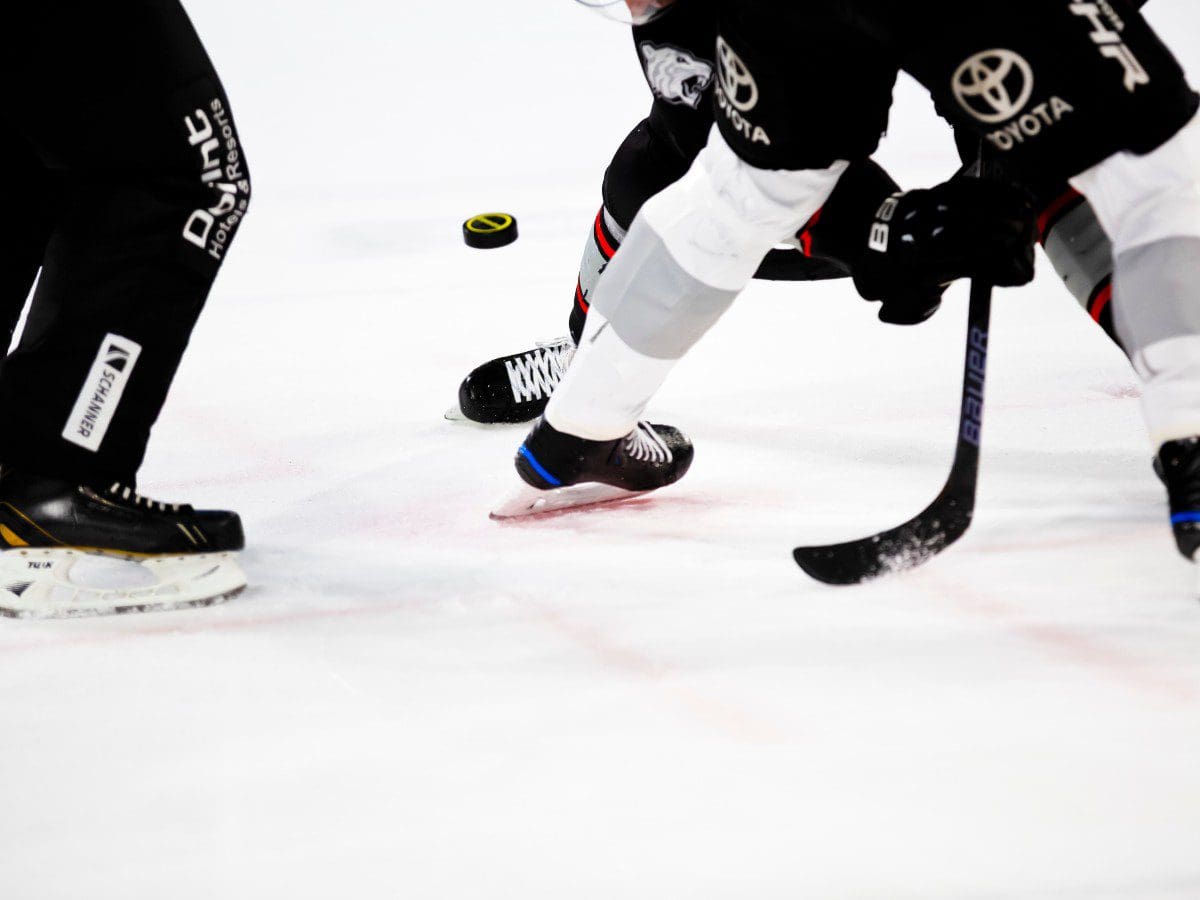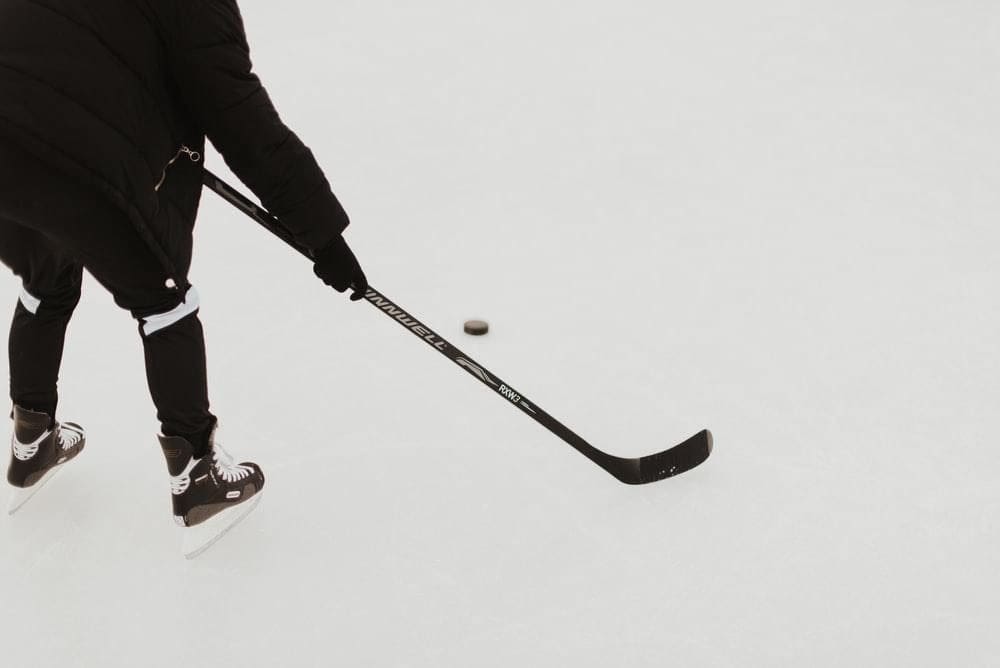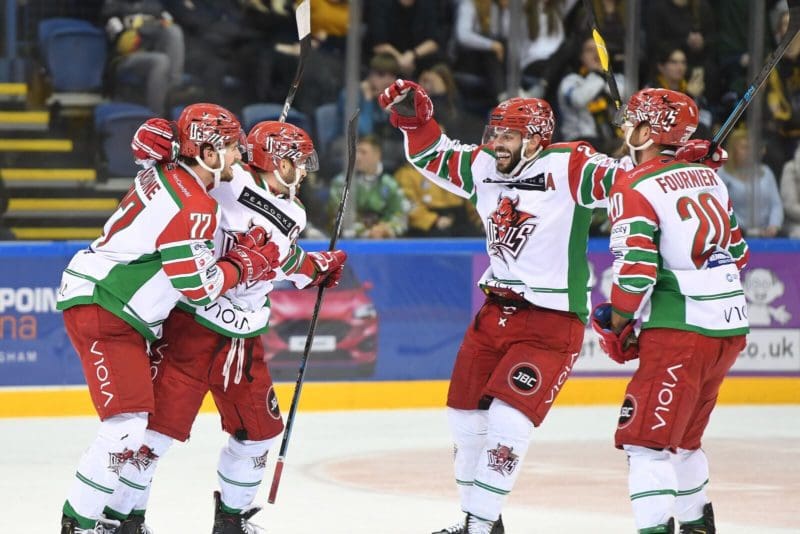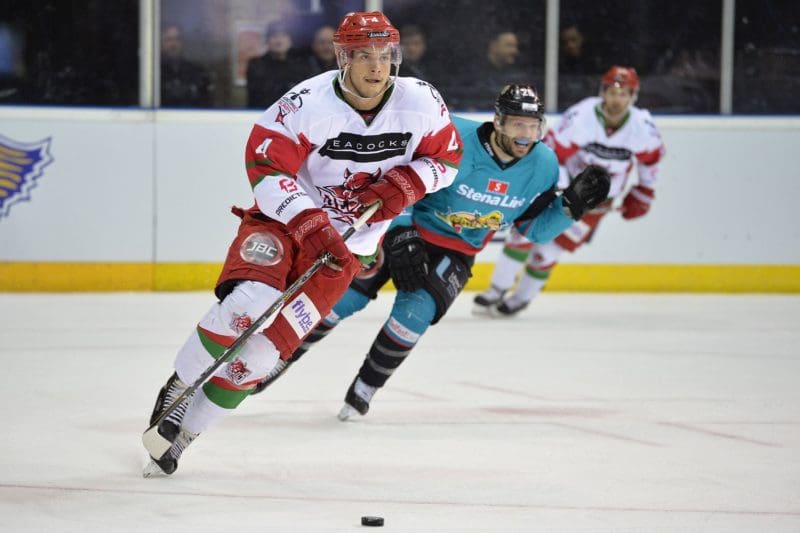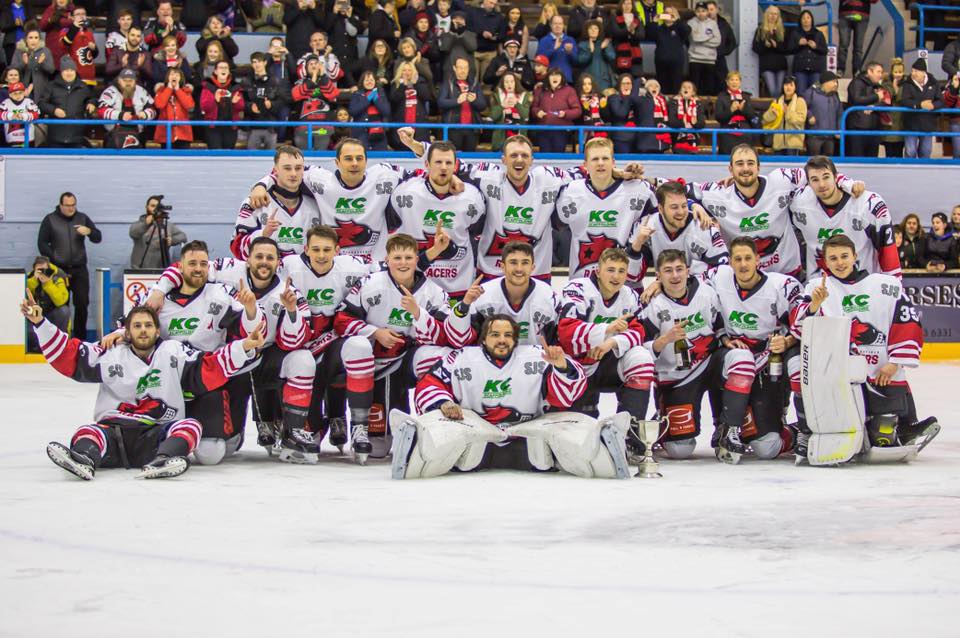‘Barrack room lawyer’ is a phrase I came across during my epic two month army career.
It’s a term of derision for someone that thinks they know the rules better than the people in charge. On very rare occasions, maybe more by luck than judgement, they are even right.
Normally I hate barrack room lawyers, but today I’m going to be one. Sorry, (not sorry).
With the recent situation in the EPL regarding the penalties imposed on the Telford Tigers, opinion among fans has been divided, and the perception of the league has suffered as a result.
When speaking to a few of the owners, while they had agreed in private the timing was not ideal and that it could have been handled differently, the situation they found themselves in meant that no other course of action was available.
While I have some sympathy with the EPL owners for their situation, the position that no other course of action was available is not correct.
I’ve made arguments elsewhere on social media that the new operating company for the Tigers (Telford Tigers Consortium Ltd) should not be penalised for the actions of the previous operating company (Telford Ice Sports Ltd).
However, on reading the EIHA regulations, they refer only to club or team. The definition is as follows:
“Club or team which has formally signed as a legal member of the EIHA, and by so doing has agreed to act in accordance with the rules, regulations and ethos of the EIHA”.
This means that in effect the old company/new company distinction is not relevant. While this may be unfair on the new company, tarring them with the same brush as the old one, this is something that provides protection to the most vulnerable people in this situation – the players.
This is especially relevant in the cases of former Tigers and Manchester Phoenix players that have claimed they’re owed outstanding wages, and this was cited by one of the owners as being one of the main reasons the decision was taken to exclude both clubs from the play-offs.
So what remedies exist within the current regulations to deal with this?
The EPL rules of competition do not have anything specific to cover this situation, (as asserted by the owners), although it does state that the teams will “agree to abide by the rules of competition as set out herein as well as the EIHA rules and regulations”.
Those rules (last update June 2015) are the ones which every ice hockey club in England and Wales, from rec teams to the EPL have to abide by. The only exception to this are the teams registered to the Elite League as they are affiliated directly with IHUK.
The situations that the Tigers and Phoenix found themselves in – facing insolvency – is covered very specifically under section 41 of the rules – insolvent clubs.
“The EIHA reserves the right to prevent any club from making use of the services in any capacity, either paid or unpaid, and/or to apply a personal ban on participation in the sport of any person who in the opinion of the EIHA has brought the game into disrepute by consequence of, but not limited to, one or more of the following where the person:
Has incurred debts connected with the running of a club or ice hockey activities which the said person cannot readily discharge”.
The opening paragraph of this section presents the first and most obvious remedy. There are four other clauses within Section 41.1 regarding bankruptcy and liquidation, however the included clause is the most relevant.
The EIHA can prevent any club from making use of any service it provides. The most obvious and effective service that can be withheld are transfers and registrations. This obviously stops teams transferring or registering players.
This was one of the complaints made – that Telford had brought in players, (Sam Oakford, Lubomir Korhon and Jon Baston), while current and former players were owed outstanding wages.
Invoking this clause at the time of the insolvency would have been fair, transparent and appropriate, and would have prevented those players being brought into the club until such time as any outstanding pay had been satisfied.
This is the most obvious option. Similarly looking at the EIHA disciplinary rules and procedures there is also an option to request the disciplinary committee begin proceedings under 6.9.2 for acts of misconduct.
The list of actions that qualify relate mostly to the on ice activities, however it also includes:
“When any other act or acts of misconduct are committed. For the purposes of the Rules, misconduct shall mean any act that brings or has the potential to bring the game of Ice Hockey, the EIHA and/or any sponsor or other commercial partner of EIHA into disrepute”.
The full quote is available from the downloaded document.
This is a fair broad stroke definition, however in this case running a club to the point of insolvency, by negligence, accident or design would be suitable grounds to bring the activity to the attention of the disciplinary committee.
The disciplinary will not engage any allegations that are frivolous, but significant cases would be looked into very seriously. The penalties if an individual/s or club are found to have brought the club into disrepute are just as serious.
In Appendix B, a non-exhaustive list of sanctions ranging from a warning to fines up to permanent exclusion from the EIHA are available.
In the past, points deductions have been levied at teams for icing ineligible players, so clearly such a sanction, subject to appeal, could be used if a team is found to have committed such a misconduct.
In practice, where issue may not be covered within these documents, a much more wide ranging catch all comes in the form of the coaches and officials code of conduct that every coach or team official, (includes team managers, and by extension, team owners as well), have to sign up to when they become involved in the EIHA.
While the language is geared towards coaches especially, it applies to all. Section 4 regarding profession standards is most appropriate.
Section 4 examples M & N “Take no action that could be interpreted as bringing the game into disrepute and take no action that could be interpreted as neglect of duty” would equally have applied here.
Citing a team official is probably the easiest way to bring a situation to book, however, there is a word of warning regarding this: Rules apply to everyone.
In conclusion, the owners have acted in haste and without carrying out the most basic research first to come to an appropriate and proportionate conclusion and this will reflect badly on them for doing so.
That’s not to say that nothing should have been done as has been the case in seasons past.
The circumstances meant that something needed to be done – to protect the players’ interests, for some of whom this is their livelihood, to protect the teams and to protect the credibility of the sport in this country.
Instead, they have humiliated themselves by letting their egos dictate a course of action that their heads should have controlled.
(Image permission: Steve Brodie)


